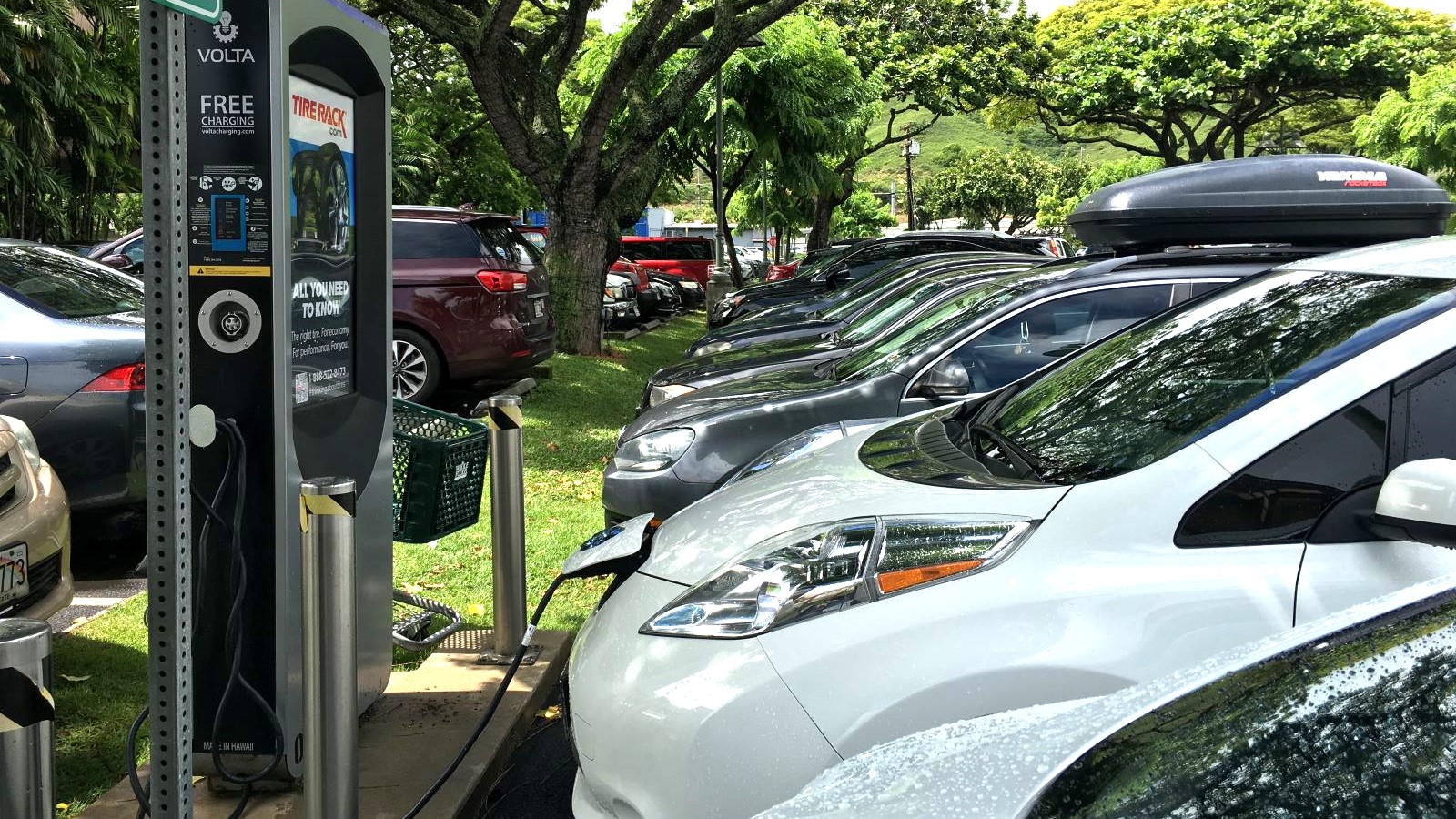Pay a penny, save a dollar
How sharing electric vehicle infrastructure costs benefits everyone - even if you don’t drive an electric vehicle
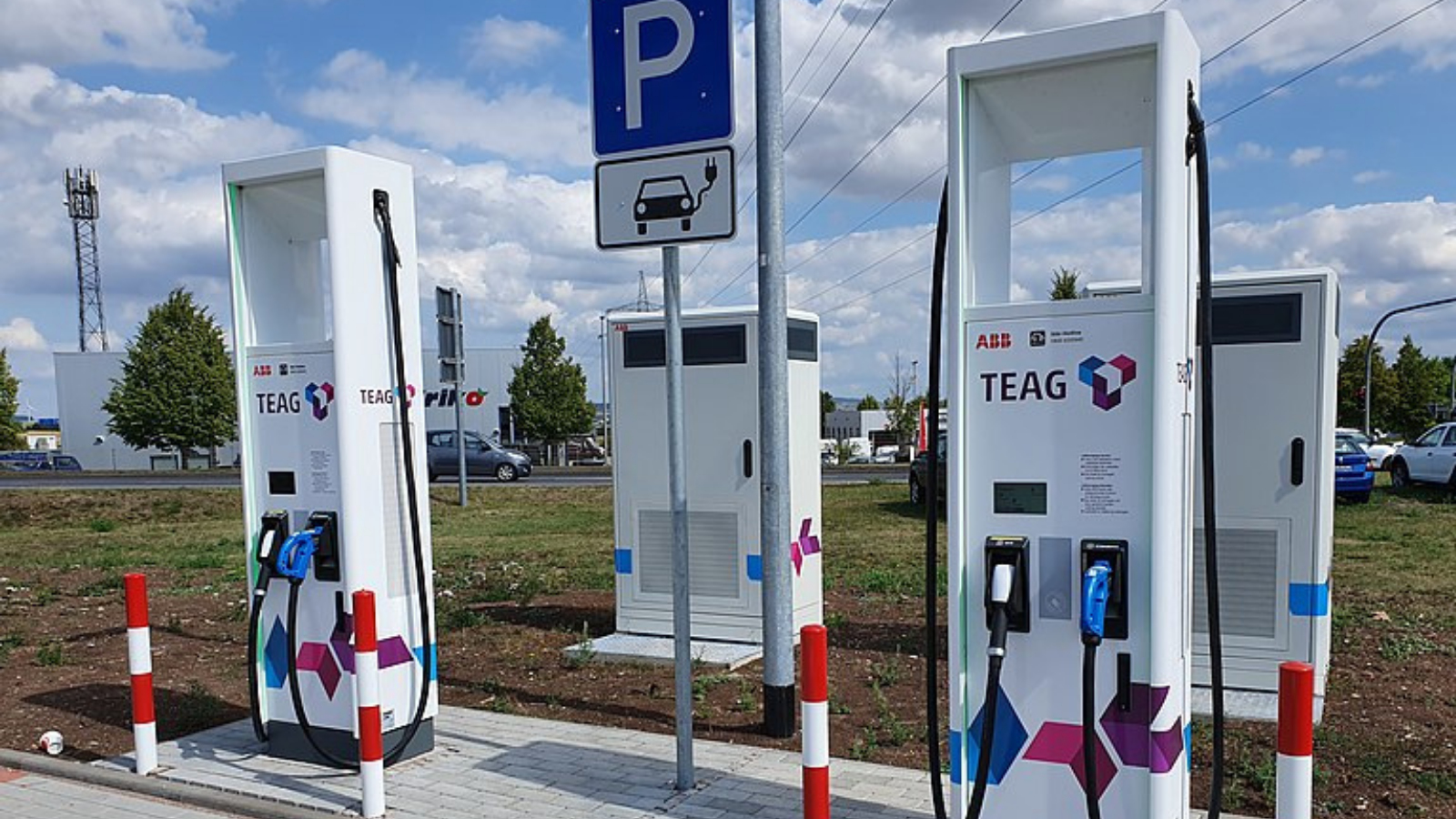
If you’re a National Grid Customer living in Massachusetts, you may have noticed a new three-cent electric vehicle charge on your utility bill. At this point, you may be asking yourself: Why should I have to help pay for someone else’s electric vehicle? To answer this question, I’d like to explain where this money goes, and how it actually benefits everyone– not just those who own electric vehicles.
In June of this year, the Massachusetts Department of Public Utilities approved a request by National Grid to increase its customers’ utility bills by three cents. The money would help pay for its Electric Vehicle Charging Station Program.
The three cent charge on your electric bill won’t be spent on someone else’s electricity or electric vehicle. Instead, it’ll help fund a statewide network of electric vehicle (EV) charging stations and infrastructure. The program allows National Grid to help fund the installation of charging infrastructure, which will make EV adoption easier for everyone. By providing rebates, utility companies can help us get across the initial hurdle of investing in a statewide network of charging stations. Without the fear of running out of charge between stations, people are more willing to adopt and use EV technology.
But this program isn’t just good for EV owners. The climate and public health benefits of widespread EV adoption make this program good for everyone. Transportation is now America’s number one source of global warming pollution, with greenhouse emissions from cars, trucks, buses and other vehicles surpassing every other source. EVs are a critical tool for reducing emissions and addressing global warming.
Vehicle emissions aren’t just bad for the planet, they’re bad for our health too. Pollution from cars, trucks and other vehicles increases the risk of lung cancer, stroke, and heart disease, cutting short an estimated 58,000 lives every year. Replacing gas-powered cars with EVs will result in a healthier Massachusetts.
In addition to the climate and health benefits, this National Grid program will ultimately save everyone — EV owners and non-EV owners alike — money. As EV adoption increases, more energy is purchased from the grid. When electricity consumption increases but utility costs remain stable, the cost of electricity for the consumer should decrease. So even with high energy transmission and distribution costs, EV adoption results in rate reductions. Policies can be implemented at the state and federal level to further maximize these savings and ensure an equitable distribution of cost reductions for all rate-paying communities.
So remember, while you’re paying three cents more now, in the long term, you’ll recover those pennies and more on cheaper ongoing electric bills.
Topics
Authors
Ethan Evans
Find Out More
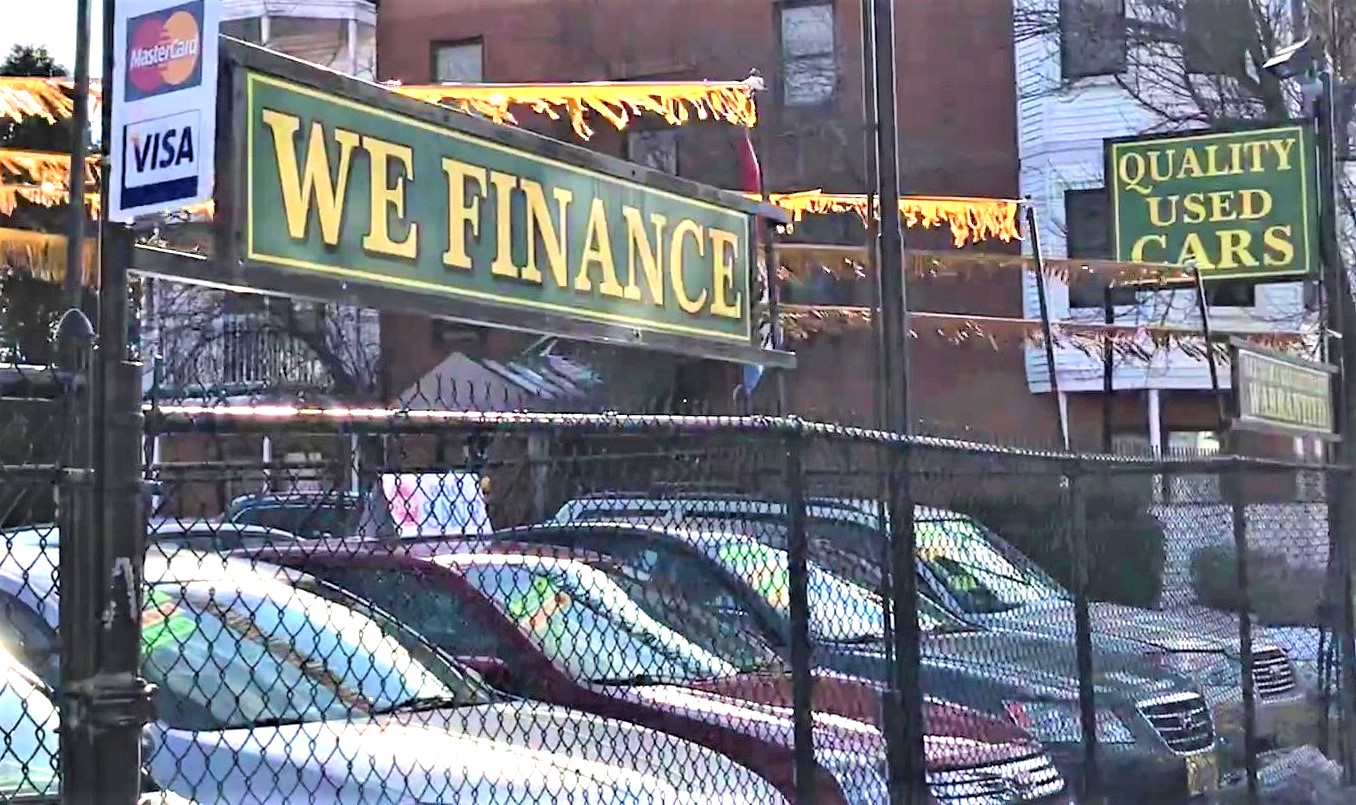
The auto industry has a sustainability problem. And it’s not just about the environment.
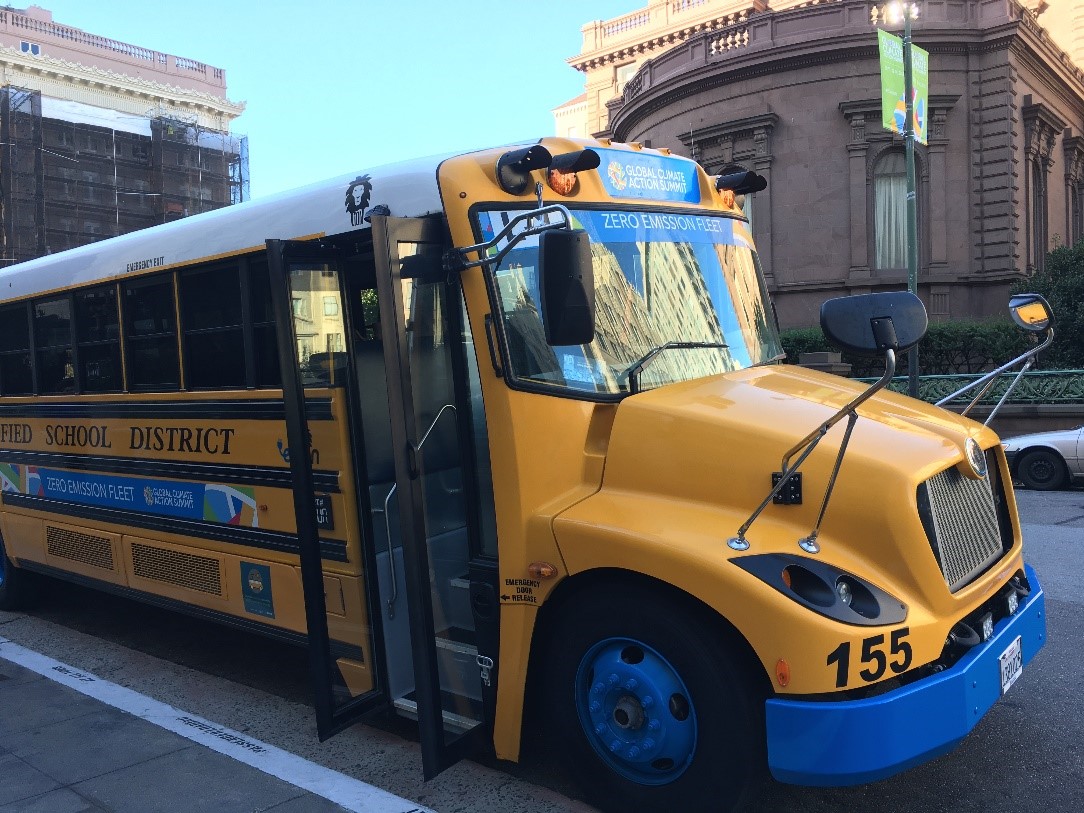
Back to school on an electric bus
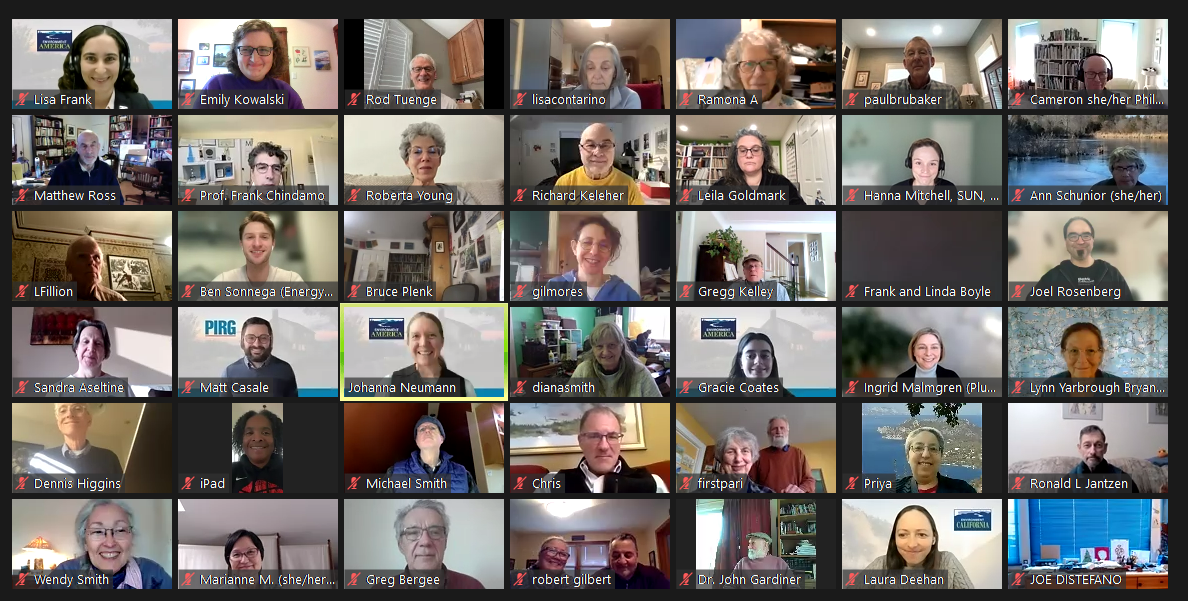
You have the power: how to electrify your home with new tax credits
